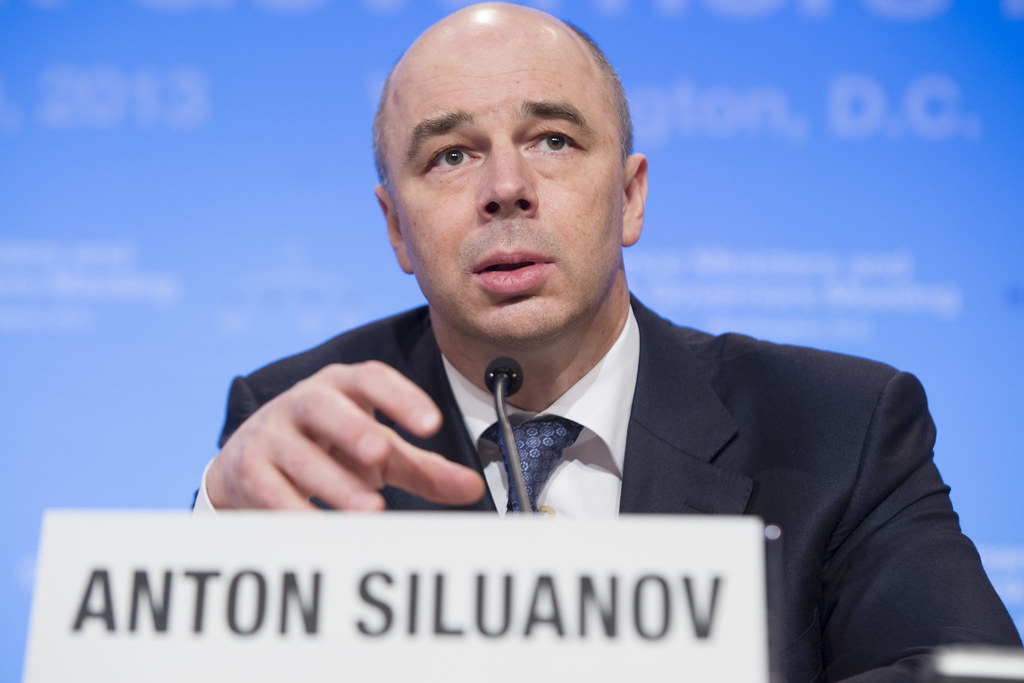In a recent interview with the state-owned news channel Russia-24 on December 25, Russian Finance Minister Anton Siluanov provided insights into Russia’s active experimentation with digital financial assets (DFAs) for international trade. Highlighting alternatives to the US dollar, Siluanov discussed legislation that has been passed allowing foreign trades in DFAs and Bitcoin, indicating a significant shift in Russia’s approach to global trade and economic strategy.
According to Siluanov, Russia has already started implementing digital financial assets, including Bitcoin, in its foreign trade operations. This development follows the legal framework established by the Russian government, which supports the use of DFAs under an experimental legal regime that began in September 2024. The finance minister emphasized the advantages of this modern infrastructure, which he believes represents the future of global settlement systems.
Russia has also legalized cryptocurrency mining earlier this year, which facilitates these types of transactions. Siluanov stated, “We can pay for the delivery of goods with digital financial assets. It is also possible to use Bitcoin, which we mined here in the Russian Federation, within the experimental regime.” This approach not only utilizes locally mined Bitcoin but also plans for the development and expansion of such trade practices in the future.
Public Warnings Amid Market Highs
Despite these advancements in using cryptocurrency for trade, Siluanov has expressed caution about investing in cryptocurrencies. In November, amid Bitcoin reaching all-time highs above $76,000 and approaching $100,000, Siluanov advised against viewing cryptocurrency as a quick money-making opportunity. He recommended exploring other investment avenues that potentially offer substantial returns without the high risks associated with digital currencies.
It’s important to note that while Russia recognizes Bitcoin and other DFAs for trade and investment, the use of these assets as a payment method within the country remains prohibited. This regulatory decision aligns with the bill “On Digital Financial Assets” enacted in 2021, which gave legal status to DFAs but restricted their use as a domestic payment option.
The integration of Bitcoin and other digital financial assets into Russia’s international trade mechanisms is a testament to the evolving landscape of global finance. By incorporating cryptocurrencies into its trade frameworks, Russia not only diversifies its economic strategies but also sets a precedent for other nations considering similar approaches.
The use of cryptocurrencies in international trade presents both opportunities and challenges. For Russia, employing Bitcoin provides a way to circumvent traditional financial systems and sanctions, offering a degree of financial autonomy on the global stage. However, the volatility of digital currencies and regulatory complexities pose significant risks that need careful management.
As countries around the world grapple with the integration of digital assets into their economies, Russia’s proactive measures highlight a growing trend towards the adoption of technology-driven financial solutions in international trade. This shift is likely to influence global economic policies and could lead to broader acceptance of cryptocurrencies in trade among other nations.
What The Author Thinks
Russia’s move to integrate digital financial assets into its international trade practices marks a significant step in the global acceptance of cryptocurrencies. However, as nations venture into this new digital frontier, it is crucial to balance innovation with caution. By pioneering the use of DFAs in international trade, Russia explores new economic potentials but also faces the inherent risks of cryptocurrency volatility and regulatory challenges. As the world watches and possibly follows suit, the international community must tread carefully, ensuring that innovations like these do not compromise financial stability or security.










